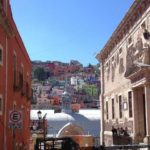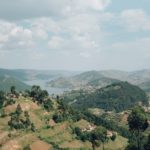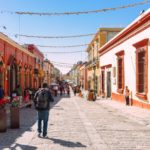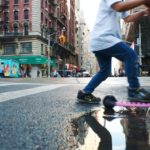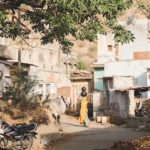How the Making of a Ugandan Music Video Inspired a Realization
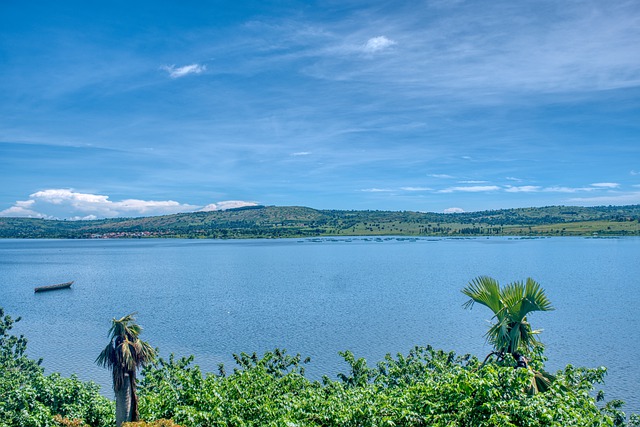
 I intended to write this before this moment. To spend more time with it. I had it all planned out since my last post. The topic, the structure, the schedule. But instead I had to adjust. And having patience to adjust is a lesson I learn constantly when in Uganda. So I’ll save that planned post for another day. Because the days I’ve had to make adjustments consistently turn out to be some of the most wonderful.
I intended to write this before this moment. To spend more time with it. I had it all planned out since my last post. The topic, the structure, the schedule. But instead I had to adjust. And having patience to adjust is a lesson I learn constantly when in Uganda. So I’ll save that planned post for another day. Because the days I’ve had to make adjustments consistently turn out to be some of the most wonderful.
When I finished my work day yesterday and sat down to begin writing, I heard a song playing nearby, loud and bumping. Not an unusual event here in Gulu, as the clubs and event spaces are known to blast music until the wee hours of the morning. But it kept playing. On repeat. And seemed so close.
The next thing I knew, I was wrapped up in the making of a music video just outside my house. Six dancers and their directing cohort worked their moves in front of and behind the camera. A crowd was forming around them, and some of us took to mimicking the dance moves. Mercy, the daughter of the family I share a compound with, and I took the lead.
We copied the moves as quickly as we could, with three other neighbor children following suit. We rarely made it ten seconds without breaking down into hysterical laughter, falling towards each other and gaping as the mud stuck more and more to our feet.
The remainder of the evening consisted of intermittent dancing and conversations with the crowd that had formed–primarily my neighbors who I had not yet ventured to meet. The whole evening had a glow to it. The artist, OJ Maxwell, held the lights for his own production. The usual barriers and expectations between myself and the Ugandans that surround me crumbled away. We were laughing and joking and swaying.
It all fit into the little space in my mind reserved for magical moments.
It all fit into the little space in my mind reserved for magical moments. Where you feel small yet expansive and, most of all, human.
So when I returned to the house and happened to read Ethan Watters’ article “We Aren’t the World,” a few things struck a particular chord with me. It’s a worthwhile read about three academics who are challenging the notion that research in the social sciences enables us to truly make universally applicable claims about human nature.
It’s something you’ve probably heard before, but they’re tapping into the base, and emphasizing that Americans are particularly “WEIRD,” or, Western, educated, industrialized, rich, and democratic. That these and other cultural factors shape everything we do and how we perceive it.
It’s worthy of an entire discussion that I won’t be able to delve into here.
It’s worthy of an entire discussion that I won’t be able to delve into here. The particular mention of how individuals in the West are “wired to see ourselves as separate from others,” rather than as interdependent, had me cycling through thoughts and trying to analyze my own interactions when abroad.
Steven Heine, one of the psychologists the article focuses on, argues that this difference influences our reasoning. As Watters explains, “Unlike the vast majority of the world, Westerners (and Americans in particular) tend to reason analytically as opposed to holistically. That is, the American mind strives to figure out the world by taking it apart and examining its pieces.”
And I thought of the dancing. And of the translation of the lyrics to the song as we swayed – “this is the sound of Gulu town… this is the sound of Kitgum town… how are you, my brother, how are you…”–an anthem of sorts that speaks to the connections among people of Northern Uganda, and celebrates it. Given the history of the region (another topic worthy of an entire separate discussion), this kind of sentiment reveals a particular notion felt in interactions here–it is in putting all the pieces back together after twenty years of conflict that Gulu finds its strength.
I thought of the layers upon layers of influences that interacted in just the particular way to produce the very moment. And how it seemed impossible to describe the significance of the whole if only through its parts.
How the Making of a Ugandan Music Video Inspired a Realization
Anthropologist Sverker Finnström, in his book Living With Bad Surroundings: War, History, and Everyday Moments in Northern Uganda, discusses what it is to become a person in Acholi culture, or odoko dano. Not only is it to grow and transition from childhood to adulthood, but “in a deeper sense it refers… [to the point at which an individual is able] to be held morally responsible for their acts, when their cultural agency is complete.”
And I wonder if this agency is ever really complete, or ever truly unchangeable. As someone shaped in the WEIRDest of cultures, am I forever bound to the silent rules and boundaries it has placed on my thoughts?
My own struggle while abroad, and particularly upon returning home, is to try and find ways to share my experience without breaking it into pieces. To translate how each holistic moment impacted my perception, and slowly, in the subtlest of ways, added a dimension to my WEIRD thoughts and expectations. To try and keep the memories as the glowing moments of barriers crumbling, when the past began colliding with the present. To try and keep it whole, with the significance of its impact untarnished…
And it’s a never-ending challenge. But it’s one that I want to keep embracing.
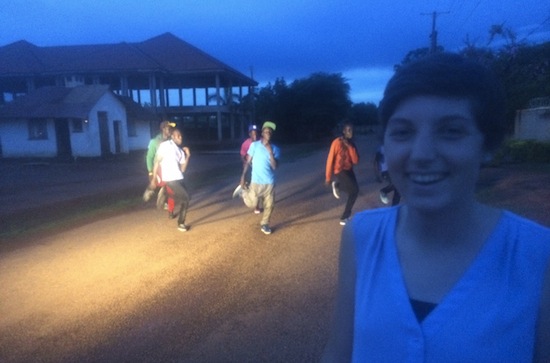
Top photo by Pixabay.




